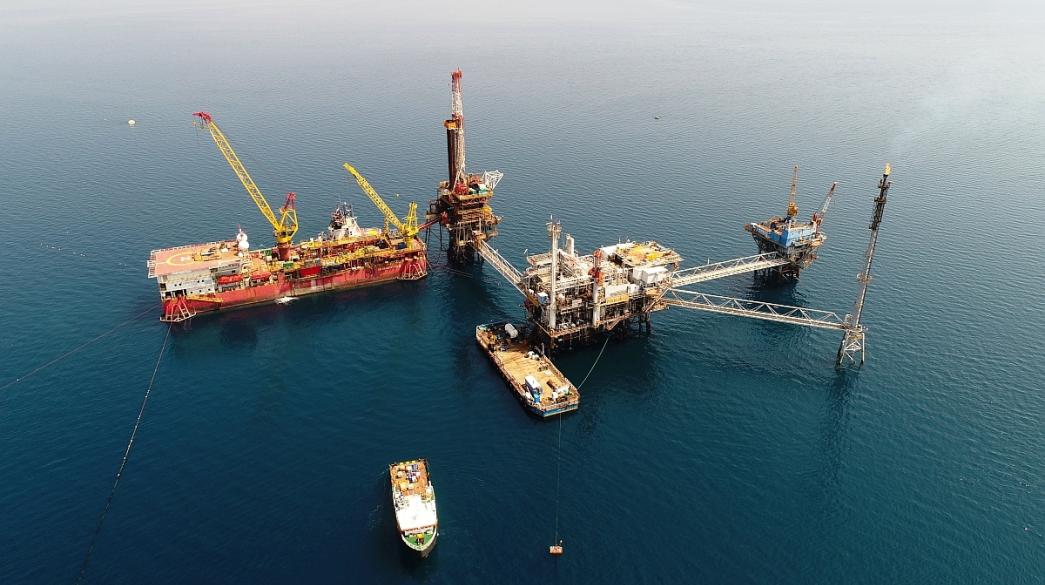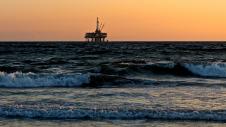Greece's Prinos, the country's only operating oil field, is facing the risk of shutting down hit by record low prices brought on by the Russia-Saudi Arabia price war and plunging demand in the wake of the coronavirus outbreak.
Problems at Prinos, owned and run by Energean, have dealt a blow to ambitious plans by Greece to search and locate more hydrocarbon reserves in a bid to boost the country's energy autonomy and geopolitical role in the region.
Operating since 1981, the offshore oil field is located 18 kilometers off the northern town of Kavala. Company officials say that it is an old oil field that needs lots of new capital amidst falling production levels.
In 2019, production at Prinos fell by almost 20 percent to 3,312 barrels per day, pushing the cost per barrel to $21.5, $4 higher than the previous year.
At the same time, revenues are dropping in a market with growing uncertainty. The price of Brent crude oil is trading at about $25 per barrel, while many forecasts see this figure as falling further. These figures from Prinos weighed heavily on Energean's operating earnings which came in at a loss of 93.9 million euros last year, company data shows.
Energean has placed the oil field under strategic review, meaning that it is looking for capital to keep it going though lending conditions are difficult.
«Significant investments are needed to keep Prinos operating at a time where finance for petrol assets has dried up,» a company official told Business Daily. «Globally, there are a number of oil fields that are now closing down», the official added.
Staff numbers have already been reduced by about 40 workers, while the company slashed its investment program at the oil field by $80 million.
Despite the problems at home, Energean has been successfully expanding abroad.
Mathios Rigas, chief executive officer, announced recently that the company is on track to start natural gas production at Israel's Karish field in the first half of 2021. He added that price drops do not have a big impact on the company's signed production contracts as nearly three-quarters of natural gas to be produced has been protected from large price swings. Energean is also present in Egypt and Montenegro.







